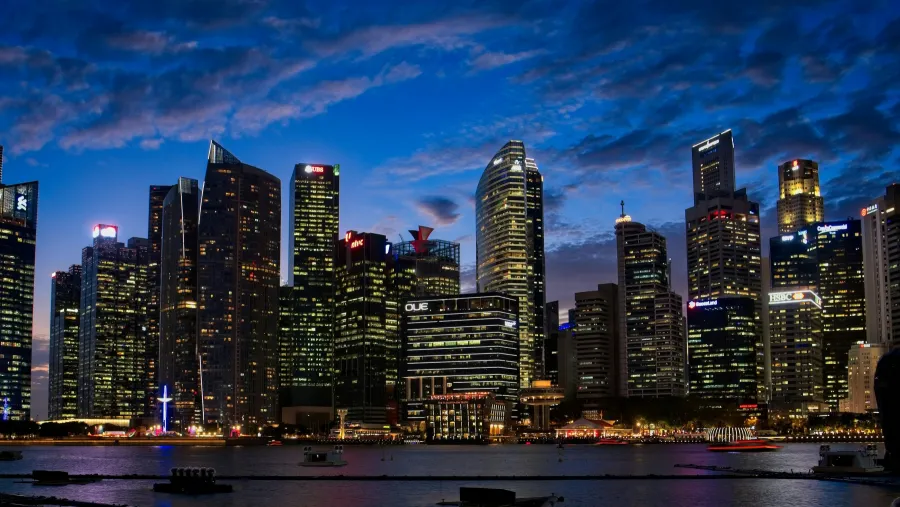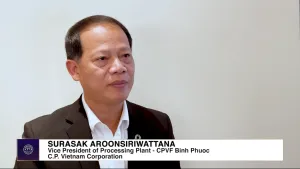
Singapore's private sector output growth slows in December
Weaknesses were observed in the construction, consumer services, and finance and insurance sectors.
Singapore’s purchasing manager’s index (PMI) continued to improve in December, but at a slower pace, according to the S&P Global Singapore PMI report.
Singapore's seasonally adjusted PMI stood at 51.5, still above the 50.0 neutral mark for the 22nd consecutive month, but down from 53.9 in November,
"The latest headline PMI reading indicated that Singapore's private sector conditions continued to improve at the end of 2024, but that the rate of improvement was the slowest recorded for 17 months," the report read.
This was attributed to the decline across all components except the delivery times index.
The PMI is calculated as a weighted average of the following five indices: new orders (30%), output (25%), employment (20%), suppliers' delivery times (15%), and stocks of purchases (10%).
Details from the PMI Output Index showed that at the end of the year, particular pockets of weakness were observed in the construction, consumer services, and finance and insurance sectors.
Meanwhile, the key manufacturing sector saw the output growth rate ease noticeably from the mid-2024 peak.
Focusing on inflation, despite a slowdown in business activity growth, selling price inflation in Singapore’s private sector remained above the long-term average by the end of 2024.
Business optimism saw a modest improvement in November 2024 but the level of confidence remained below the pre-pandemic average.
Concerns about sales persisted, driven largely by elevated prices, according to anecdotal reports.
















